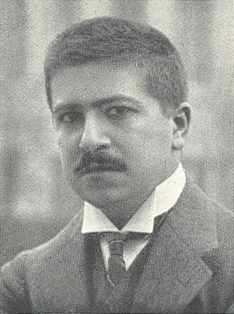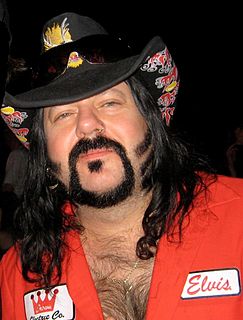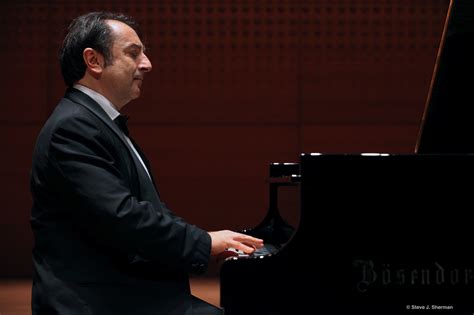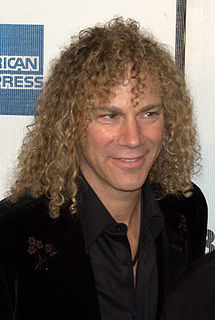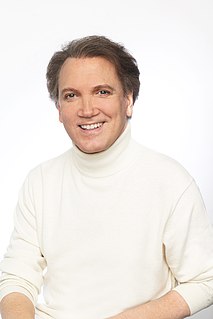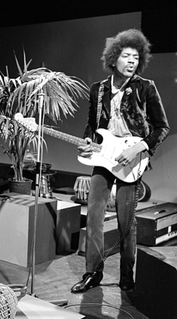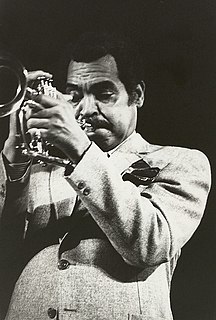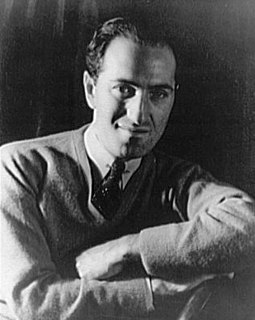A Quote by Artur Schnabel
The notes I handle no better than many pianists. But the pauses between the notes - ah, that is where the art resides.
Related Quotes
For notes related to books I'm writing, I've wondered whether I should organize my notes better, but I do find that the action or scrolling through them and seeing odd juxtapositions of ideas helps to stimulate my own ideas and creativity. I worry that if I kept the notes in a highly-structured way, I might lose some of these benefits.
I took many notes, more than usual before I sat down and wrote Act One, Scene One. I had perhaps eighty pages of notes. . . . I was so prepared that the script seemed inevitable. It was almost all there. I could almost collate it from my notes. The story line, the rather tenuous plot we have, seemed to work out itself. It was a very helpful way to write, and it wasn't so scary. I wasn't starting with a completely blank page.
You never can tell, though, with suicide notes, can you? In the planetary aggregate of all life, there are many more suicide notes than there are suicides. They're like poems in that respect, suicide notes: nearly everyone tries their hand at them some time, with or without the talent. We all write them in our heads. Usually the note is the thing. You complete it, and then resume your time travel. It is the note and not the life that is cancelled out. Or the other way round. Or death. You never can tell, though, can you, with suicide notes.
